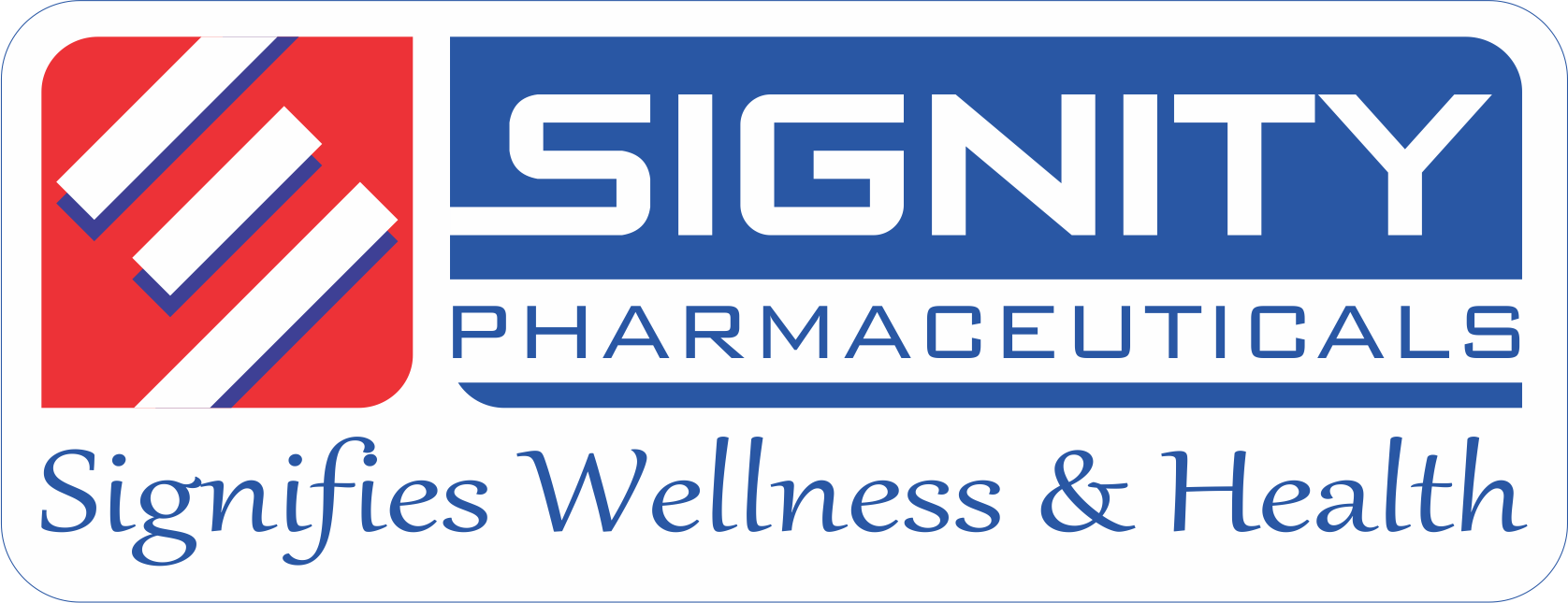Banking As A Service BaaS Explained: Companies
Уильям Данко, Томас Стэнли Мой сосед миллионер. Почему работают одни, а богатеют другие? Секреты изобильной жизни скачать в fb2 читать онлайн
June 29, 2021как стать трейдером с нуля: Как начать торговать: 9 шагов для новичков Финансы на vc ru
August 6, 2021Banking As A Service BaaS Explained: Companies
Content
Railsbank offers a variety of BaaS products and makes faster payments by directly connecting to payment rails. Hitachi Solutions’ Engage for Bankingis designed to provide bankers with a customer-centric view of their business. As a Microsoft Dynamics 365 solution, Engage for Banking integrates seamlessly with the entire suite of Microsoft products, giving bankers the tools they need to understand who their customers are and what they need from their bank. A banking CRM is a consolidated system that can integrate with your other banking software programs to provide a single view of every customer account. From making a deposit at an ATM to requesting information about a certain type of loan, every pre-determined action a customer takes can be recorded in your CRM.
A majority of these services would be available on demand and do not necessarily need to be FinTech services . API technology, which stands for application programming interface, is a key element of BaaS platforms. An API is a type of technology that opens up the connections between computers or computer programs enabling them to share and transfer data. We’ll explain what banking as a service is, provide a basic overview of the banking as a service ecosystem, and explain why it’s so vital in the banking business today.
What is BaaS and embedded finance?
Aside from that, they can provide superior client service by ensuring faster access to funds and no hidden fees. Consider it a back-end for a variety of Fintech companies and non-bank businesses. To ensure secure functioning across the domain, the BaaS layer requires continual monitoring. Banks are attempting to catch up with the growing popularity of fintech companies, but there are a few key factors that have contributed to the emergence of business-as-a-service. The best way to understand this definition is through real-life examples. To make your customers’ interaction with your brand easier, you can add a payment function on your website through the available APIs of banking institutions.
- Stripe’s banking-as-a-service APIs, along with our robust payments solution, let businesses—from fintech startups to established platforms—embed financial services directly into their existing software.
- However, for most, partnering with an appropriate third-party technology provider that can develop a BaaS offering will be the better option.
- BaaS can assist fintech and non-fintech businesses in providing online banking services to their clients.
- While at the onset this layer may not seem especially important, as FinTech services continue to grow as a segment in the financial service market, services performed by Cloudworkers will take on increased importance.
- Especially for enterprises who do not engage in banking activities or collaborate with financial institutions.
- Banking as a service is a concept that is quickly gaining traction in the financial industry.
- These approaches will now result in an increase in sales and customer satisfaction.
Banks receive substantial income from the sale of licenses and commissions charged. Financial institutions also experience high market competition and leverage BaaS to gain an advantage. BaaS providers, in turn, act as intermediaries between traditional banking institutions and FinTech or non-FinTech businesses.
Principles for Sound Liquidity Risk Management and Supervision
Surprisingly, many businesses provide rewards on their credit and debit cards. This cashback can be assets with no expiration date that can be used to purchase any goods or service in stores, online, or apps for customer happiness. banking as a service service The BaaS platform is typically used by fintech and non-fintech companies to deliver financial services to their own consumers. Because fintech services are delivered via a BaaS platform, they must adhere to the platform’s rules.

The customer doesn’t need to go to a different bank website to get financial services, including loans, making payments, product financing, credit cards, or digital wallets. In modern times there have been huge reductions to the barriers of global competition in the banking industry. Increases in telecommunications and other financial technologies, such as Bloomberg, have allowed banks to extend their reach all over the world since they no longer have to be near customers to manage both their finances and their risk. The growth in cross-border activities has also increased the demand for banks that can provide various services across borders to different nationalities. Despite these reductions in barriers and growth in cross-border activities, the banking industry is nowhere near as globalised as some other industries. In the US, for instance, very few banks even worry about the Riegle–Neal Act, which promotes more efficient interstate banking.
Support for a variety of financial services
Established in 2020, the organization lets customers easily integrate a white-label platform into marketplace apps. This way, BaaS solutions contribute to improved financial transparency and reduced time to market when building fintech mobile and web apps. The most popular monetization strategies are charging a monthly fee for the use of a BaaS system and requiring a specified price https://globalcloudteam.com/ for each service offered. BaaS is different from open banking, which refers to the permissioned sharing of bank customer data and information in FinTech products and services. Railsbank, a London-based BaaS provider, serves the U.K., Europe, and the U.S. Railsbank developed proprietary infrastructure in-house that doesn’t run on top of legacy software stacks, unlike its competitors.

BaaS eliminates common barriers by enabling fintechs and other non-bank businesses to bring new propositions to customers and do it more efficiently with less cost than they can do on their own. Running pilot projects to eliminate potential disruptions can also ensure implementation goes as smoothly as possible. Following this expansion, a secondary growth spurt is likely (with CAGR increasing to 35%-40%), driven by the arrival of larger incumbent banks that have concluded that to remain competitive they, too, need to use BaaS solutions.
The Future Outlook of BaaS
Customers will have a better experience and be more loyal as a result of this. Most significantly, it will build an ecosystem in which your customers will not need to look for another solution to meet their financial requirements. However, getting to that stage of client satisfaction is a huge accomplishment in and of itself.

A grocery store, for example, will be able to integrate financial services into their ecosystem by white-labeling the services of a BaaS platform. Customers, understandably, demand the same degree of service from their financial institutions. This pressure has only begun to rise as more and more technology businesses enter the banking sector. That’s an example of a non-fintech company using the BaaS paradigm to provide financial services to customers. The term “fintech” refers to a rapidly expanding sector that serves the needs of both businesses and consumers in various ways. Fintech has an end number of applications, including insurance, digital banking, cryptocurrency and investment apps, and more.
Successful companies that use banking as a service
Ultimately such notes were issued by the goldsmiths in the form of loans and were not necessarily backed by coin and bullion. Checking accounts – offered by some institutions under definite restrictions. As a reaction, banks have developed their activities in financial instruments, through financial market operations such as brokerage and have become big players in such activities.
